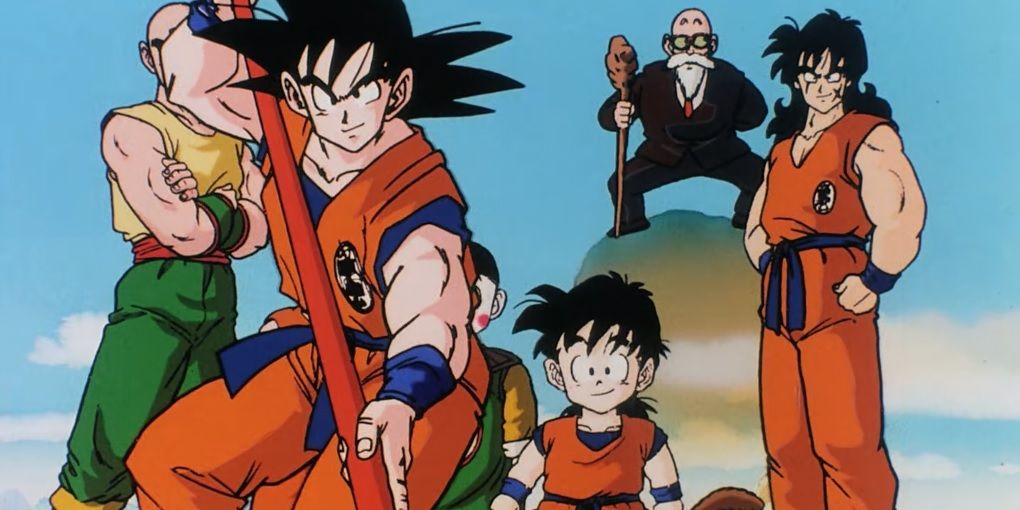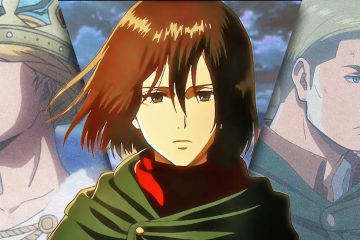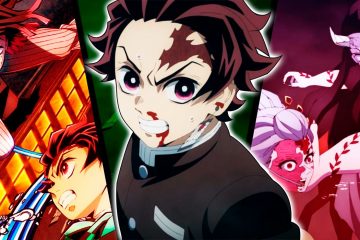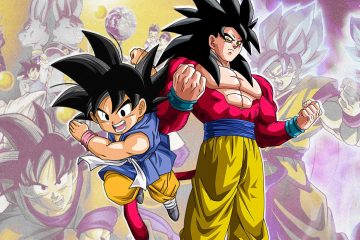Dragon Ball Z is the type of show that virtually every anime fan knows about. Having maintained its cultural relevancy for nearly thirty-five years, the series remains a crucial part of the shonen anime catalog. For English fans, many dubs have been made for Dragon Ball, with each having various strengths and weaknesses, and some being more notorious than others. At the beginning of the series run, Harmony Gold licensed an English dub for Dragon Ball. This dub in particular is difficult to detail because it was never broadcast outside of test screenings, making it an example of a “lost anime.” Following this, Funimation licensed the series and recruited voice actors from Ocean Productions.This dub did end up airing but was canceled after thirteen episodes. In 2001, Funimation took up the mantle again and re-dubbed the series, which aired from 2001-2003 on Cartoon Network in the United States and Australia, while a different production company took over the dub in Canada. The Funimation dub has grown to be very beloved and nostalgic to its fans, but its interesting history shows how it’s truly a mixed bag in terms of dub quality. Dragon Ball Z went on to become perhaps the most iconic anime franchise of all time, both in Japan and especially in the West. Now, the Funimation streaming app is shutting down for good, leaving many fans nostalgic for the anime dub that arguably put the company on the map.The Funimation dub of Dragon Ball Z was only one of the many English versions of the show released over the years. The first of these was by a company called the Creative Products Corporation, which dubbed fewer than 30 of the show’s episodes. After this failed to gain much traction, Funimation and Saban Entertainment tried to do their own versions, with the latter handling things in Canada. This was done through Ocean Productions, with the subsequent dub becoming known as the Ocean Group Dub. This take had involvement from Haim Saban, Shuki Levy, and even musician Ron Wasserman, all of whom created and/or shaped the popular Power Rangers franchise.
Dragon Ball Z is the type of show that virtually every anime fan knows about. Having maintained its cultural relevancy for nearly thirty-five years, the series remains a crucial part of the shonen anime catalog. For English fans, many dubs have been made for Dragon Ball, with each having various strengths and weaknesses, and some being more notorious than others. At the beginning of the series run, Harmony Gold licensed an English dub for Dragon Ball. This dub in particular is difficult to detail because it was never broadcast outside of test screenings, making it an example of a “lost anime.” Following this, Funimation licensed the series and recruited voice actors from Ocean Productions.
This dub did end up airing but was canceled after thirteen episodes. In 2001, Funimation took up the mantle again and re-dubbed the series, which aired from 2001-2003 on Cartoon Network in the United States and Australia, while a different production company took over the dub in Canada. The Funimation dub has grown to be very beloved and nostalgic to its fans, but its interesting history shows how it’s truly a mixed bag in terms of dub quality. Dragon Ball Z went on to become perhaps the most iconic anime franchise of all time, both in Japan and especially in the West. Now, the Funimation streaming app is shutting down for good, leaving many fans nostalgic for the anime dub that arguably put the company on the map.
The Funimation dub of Dragon Ball Z was only one of the many English versions of the show released over the years. The first of these was by a company called the Creative Products Corporation, which dubbed fewer than 30 of the show’s episodes. After this failed to gain much traction, Funimation and Saban Entertainment tried to do their own versions, with the latter handling things in Canada. This was done through Ocean Productions, with the subsequent dub becoming known as the Ocean Group Dub. This take had involvement from Haim Saban, Shuki Levy, and even musician Ron Wasserman, all of whom created and/or shaped the popular Power Rangers franchise.
#Funimations #English #Dub #Audiences #Fall #Love #Dragon #Ball
Note:- (Not all news on the site expresses the point of view of the site, but we transmit this news automatically and translate it through programmatic technology on the site and not from a human editor. The content is auto-generated from a syndicated feed.))



